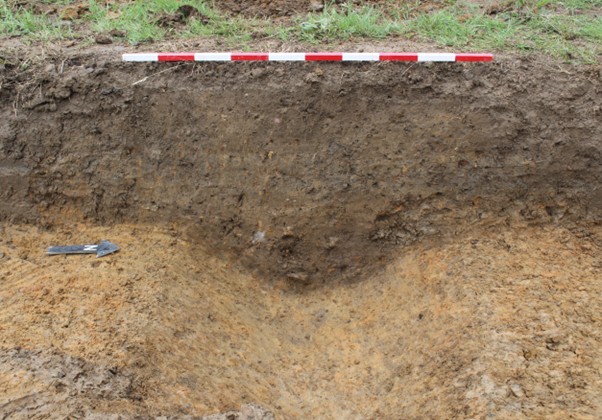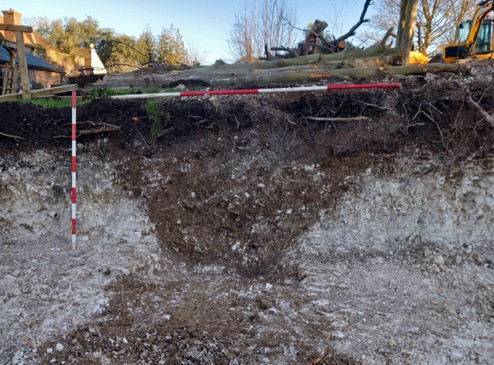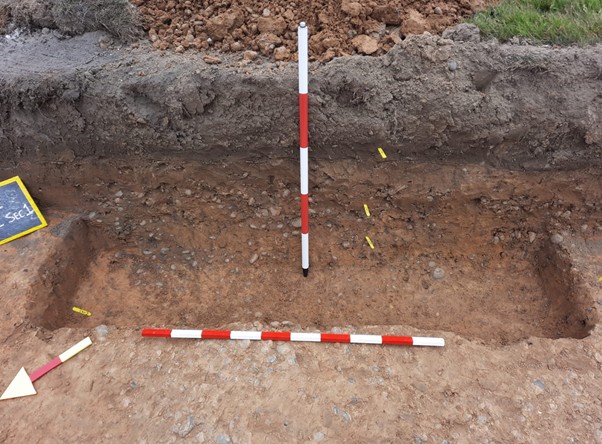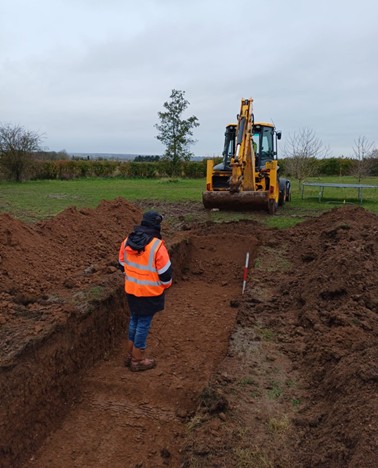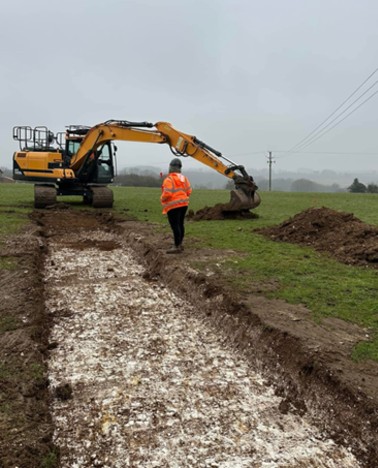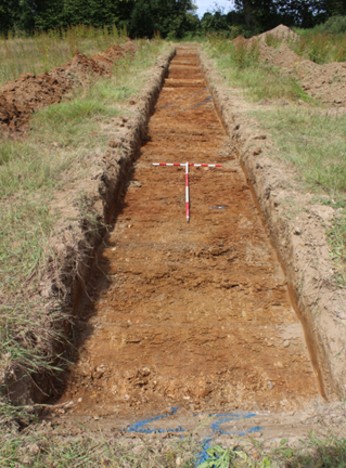FIELD EVALUATION
An Archaeological Evaluation is a crucial phase of preliminary fieldwork designed to assess and gather information about the nature, extent, and significance of any archaeological remains that may be present on a site. This process typically involves the excavation of test trenches or test pits, strategically placed to provide a clear understanding of the archaeological potential of the area.
Archaeological evaluations are often required either to support planning applications or to fulfil specific planning conditions. The purpose of the evaluation is to determine the scope of any further archaeological investigations that may be necessary in response to proposed development, such as strip, map and sample (SMS). By carefully analysing the findings, the evaluation helps to establish whether there are any significant archaeological features that could be impacted by the development.
The resulting report plays a critical role in guiding the local planning department’s decision-making process. It helps determine whether any additional mitigation measures or further archaeological work are needed before development can proceed, or if the risk to archaeological remains is sufficiently low to allow planning approval without imposing further archaeological conditions. This ensures that any potential heritage assets are properly identified and considered, allowing for the responsible management of archaeological resources in the context of new development.

